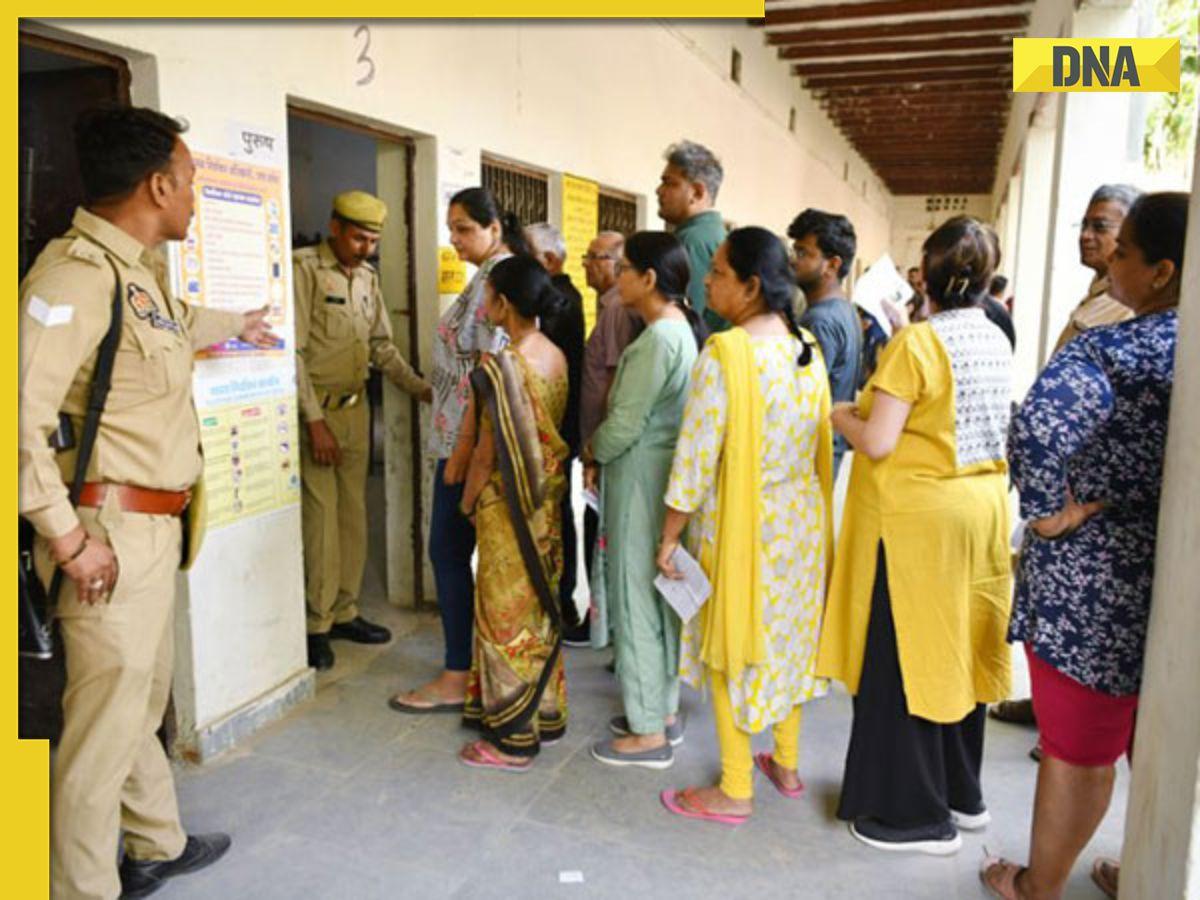
The term ‘D-voter’, or doubtful voter, has become a contentious label in the state of Assam, India. Amidst the complex and arduous exercise of updating the National Register of Citizens (NRC), individuals suspected of uncertain citizenship were marked as ‘D-voters’. This classification has raised significant concerns over the basic civil rights of thousands and their place in Indian democracy.
Despite the significant impact on the lives of those labeled, the definition of a ‘doubtful voter’ or what constitutes ‘doubtful citizenship’ remains elusive in Indian law. Neither the Citizenship Act of 1955 nor the Citizenship Rules of 2003, established following the Citizenship (Amendment) Act of 2003, offers a clear definition.
Even so, these 2003 regulations have laid down comprehensive procedures for constructing two pivotal lists: the National Population Register (NPR) and the National Register of Indian Citizens (NRIC). In the absence of a statutory definition, the rules specify that the Local Registrar of Citizen Registration is to annotate individuals whose citizenship status is in doubt with “a suitable remark in the population register for further inquiry” in subsection 4 of section 4, which pertains to the formation of the NRIC.
When an individual or a family is suspected of being an uncertain citizen – finding themselves in the ‘D-Category’ – they receive written notice following the completion of the initial verification process. What follows is an opportunity for the individuals concerned to present their case before the Taluk or Sub-district Registrar of Citizenship. The Registrar is then tasked with a 90-day window to arrive at a reasoned conclusion regarding their citizenship assignment.
The practical implications for D-voters are severe. Absent confirmation of their citizenship status, they are disenfranchised, stripped of the right to vote and the eligibility to contest in electoral politics. This interim classification is not indefinite, requiring resolution within a prescribed time range. Should the individual be adjudged as a foreign national or an illegal immigrant, based on the evidence at hand, they may face deportation or internment in one of Assam’s six detention camps designed to accommodate over 3300 individuals.
This dubious distinction also affects one’s inclusion in the NRC. For D-voters to be added to this critical register, they must first clear their name of the D-category designation through the verdict of the Foreigners Tribunals, an essential precursor to inclusion on the electoral rolls.
The state of Assam’s history and its borderland topography have made it a hotbed for complex citizenship and immigration issues. The plight of D-voters sits at the heart of the intersection between national security concerns and human rights. As people wait for their names to be cleared from this purgatory of citizenship uncertainty, the term ‘D-voter’ continues to echo the anxiety and uncertainty that many residents of Assam face daily. This shadow over their national identity not only affects their political voice but also other aspects of dignified living, such as access to jobs and government services.
Assam’s D-voter issue is, in essence, a stark reminder of the complexities of identity politics and the challenges of maintaining a balance between protecting national sovereignty and ensuring the fundamental rights of residents within a democracy. The fate of these individuals remains in a limbo, as they await the recognition that will either reaffirm or deny their place in the world’s largest democracy.












